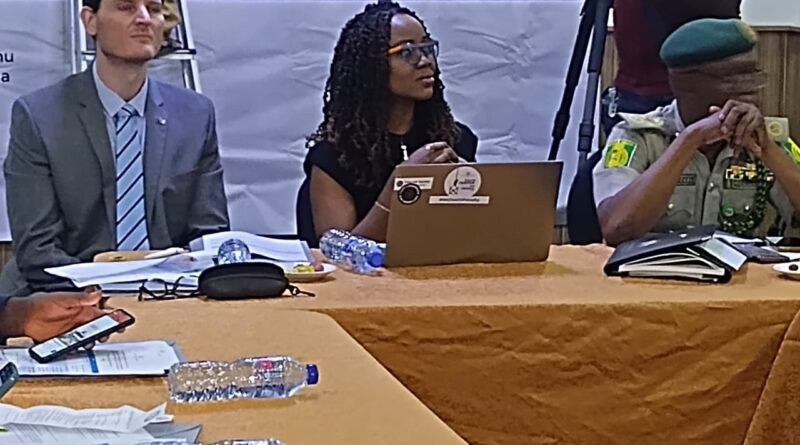Torture: FG moves to tackle a legal and administrative bottleneck
The federal government claims it has taken the necessary steps to prevent legal and administrative loopholes that could lead to torture in its ongoing fight against the practise.
While attending Tuesday’s training for NCAT members in Abuja, Solicitor-General of the Federation and Permanent Secretary of the Federal Ministry of Justice, Mrs. Beatrice Jedy-Agba, made this known.
Avocats Sans Frontieres (ASF) France, or Lawyers Without Borders, France, organised the two-day course with funding from the Australian government.
Efficacious Implementation of the Anti-Torture Act 2017 and the Legal Framework on Torture was the title of the report.
“There needs to be more done to ensure that torture by public authorities comes to a stop and that victims are able to seek and get justice,” Jedy-Agba said, adding that the nation was eager of removing the issue of torture.
According to her, this is why the Nigerian Committee Against Torture (NCAT), renamed by the Attorney-General of the Federation, was formed.
“I want to ask for the help of members to find innovative solutions to the problem of torture in Nigeria, especially in our prisons, because I know how difficult it is to investigate and prosecute cases of torture due to legal and administrative restrictions,” she stated.
In addition, Deputy High Commissioner Mathew Mechan of the Australian government in Nigeria expressed his pride in the country’s partnership with Nigeria through the ASF ProCAT Project, which aims to strengthen Nigeria’s anti-torture efforts across the board.
Your knowledge, leadership, experience, and dedication to protecting human rights are the reasons why you were all selected to serve on this esteemed committee and attend this seminar.
The training you will receive today will undoubtedly prepare you well for the duties that come with your appointment to this committee.
“It was heartening to hear that the Nigerian government recognises the need for correctional services reform during a recent roundtable discussion with development partners and Minister for the Interior, Dr. Tunji-Ojo.
A number of issues plague Nigeria, and the Honourable Minister was forthright in stating as much, including claims of systemic torture.
Efforts should be made to cease the practises in question and ensure that those responsible are held accountable, a consensus reached by both him and the international community, he added.
The Nigerian Correctional Service (NCoS) has been a leader in the fight against torture, according to Mr. Emmanuel Nwakeze, an ACG Operations member and representative of NCoS Against Torture.
In an effort to grant human rights to the NCoS, he said, the term was changed from “jail,” which meant torture, to “correction,” which meant the elimination of torture and the promotion of rehabilitation and reintegration into society. As he sees it, the NCoS Act of 2019 has a provision that forbids the torture of any prisoner.
Training like this is one way ASF France helps the NCAT carry out its mission, according to Angela Uzoma-Iwuchukwu, the organization’s country director. It is her belief that “a lack of accountability” is a contributing factor to the impunity with which torture is carried out.
Torturers, according to Uzoma-Iwuchukwu, should each be held accountable to the extent that they are able to stop the stream of evil. Her message to law enforcement was simple: do your jobs legally.




